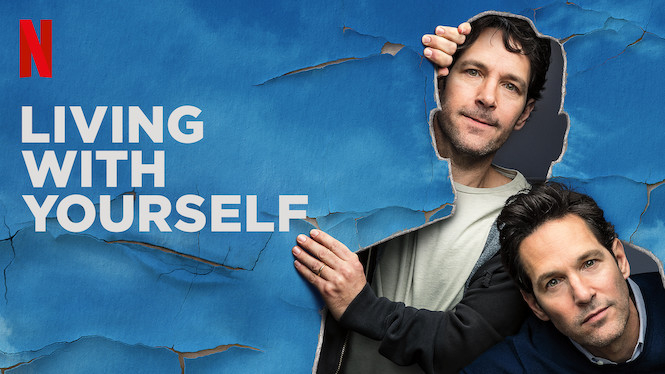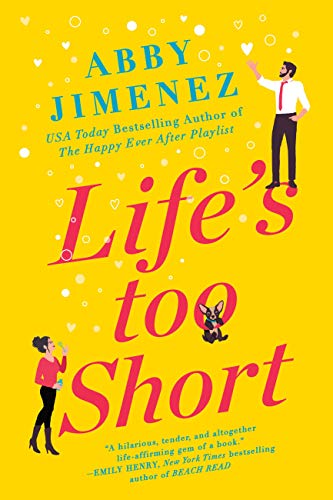Netflix’s Living with Yourself Chooses to be its Lesser Self
You have the chance to make yourself a better person, but there’s a catch- your attempt to do so could radically affect your life . Netflix’s original show Living with Yourself explores what it means to be your best self, and how the struggle to be better could affect the people in your life.
The comedy-drama follows Miles Elliot (Paul Rudd), a burnt-out man who feels incompetent in his job and his marriage, and his wife Kate (Aisling Bea), who desperately wants a child after several failed attempts. Referred to a spa by a colleague who claims it made him a better person, Miles undergoes a treatment at the sketchy spa, and soon finds that he has been replaced by a “better” clone of himself. This eight-episode series, which premiered on Netflix on October 18, 2019, then follows as Miles and his cloned self struggle to coexist while living the same life.
Vastly entertaining, Living with Yourself’s less-than-30-minutes episodes are easy to binge-watch and digest. With each episode ending on something of a cliff-hanger, viewers will be desperate to see more. And the acting is believable: both Rudd and Bea fully embrace the melancholy and wackiness of their characters. Also, Rudd’s double-role as Miles and Clone Miles showcases his acting and ability to perform characters with drastically different personalities. Witty humor and downright ridiculous situations provide some comic-relief in otherwise stressful situations.
Other than pure entertainment, though, it’s not too clear what the show has to offer. With topics as deep as identity and struggling marriage, Living with Yourself has the opportunity to make some statements and explore these topics fully. The show, however, mostly leans into its comedic side to tackle these topics. Thus, the show feels incomplete when its deep subject-matter is poorly communicated through easy comedy.

What’s also unclear is where the comedy stops and the drama starts. In one particular fist-fight scene between the Miles and his clone, it’s obvious that the directors were going for a touch of comedy, but the underlying disturbing image of the scene dampens that affect. Another example is when Clone Miles, standing in front of his bathroom mirror with a gun, considers killing himself- the scene is so long and unsettling that it renders all following comedic moments irrelevant. It seems that the directors haven’t found the perfect balance between comedy and drama; the mixture of mostly surface-level humor and deeply dramatic and serious moments doesn’t fare well in the show.
Overall, Living with Yourself is worth the watch- it’s fast-paced episodes, good acting, and subtle humor make it an enjoyable 30 minutes of your time. Just don’t expect any powerful statements, nor any staggering commentary, to be made. Instead, expect a show that’s fine, but not great.


Analise is a senior at West Morris Central high school. During her junior year, she was a world news editor for The Paw. She has a passion for educating...












